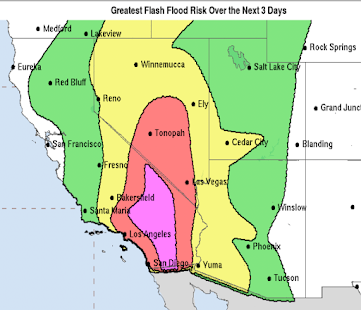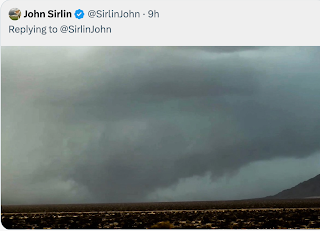This May Be Serious
On several occasions (here and here, to cite two examples), I have blogged about the quiet sun and the potential for it might cause global cooling. Even scientist friends of mine who are global warming advocates privately admit that significant cooling would be worse for humanity than warming. But, they quickly add, there's no chance of that happening (or words to that effect).
Anthony Watts has a posting up that several researchers believe the sun's funk is not over and that we might go into another Maunder Minimum. Here is what Wikipedia says about that:
Anthony Watts has a posting up that several researchers believe the sun's funk is not over and that we might go into another Maunder Minimum. Here is what Wikipedia says about that:
The concept became notable after John A. Eddy published a landmark 1976 paper in Sciencetitled "The Maunder Minimum".[1] Astronomers before Eddy had also named the period after the solar astronomer Edward W. Maunder (1851-1928) who studied how sunspot latitudes changed with time.[2] The periods he examined included the second half of the 17th century. Edward Maunder published two papers in 1890 and 1894, and he cited earlier papers written byGustav Spörer.
Like the Dalton Minimum and Spörer Minimum, the Maunder Minimum coincided with a period of lower-than-average global temperatures.
World per capita food production is currently at record levels in part enabled by longer growing seasons due to the warmer temperatures (as opposed to the late 1960's and '70's when hunger was widespread). But what if there was sustained cooling as with the other solar minima? The earth simply could not grow enough food to sustain current population levels.
I'm not saying that will occur, but the odds certainly are not zero. If Maunder and similiar solar minima have occurred in the past, they will occur in the future.
There is so much evidence accumulating that a problem might exist, that even National Geographic -- one of the most vocal of the global warming proponents -- is printing it.
But, they can't let go of global warming. Below the headline they write,
"We have some interesting hints that solar activity is associated with climate, but we don't have any reasons for that association," said Dean Pesnell, project scientist for NASA's Solar Dynamics Observatory (SDO).
Also, even if there is a climate link, Pesnell doesn't think another grand minimum is likely to trigger a cold snap.
Solar activity might be associated with climate? Dr. Pesnell (education in physics, not atmospheric science) needs to take a meteorology 101 course.
When it comes to the atmosphere, there are few things I will guarantee but one is that there is an association between solar activity and climate. We may not understand it but we know it exists. It is past time to put all the focus on the effects of global warming and start thinking about how we feed the world in case cooling occurs.
I will credit Dr. Pesnell with popping one of the major pro-GW balloons: The science is hardly "settled."
I will credit Dr. Pesnell with popping one of the major pro-GW balloons: The science is hardly "settled."





Comments
Post a Comment